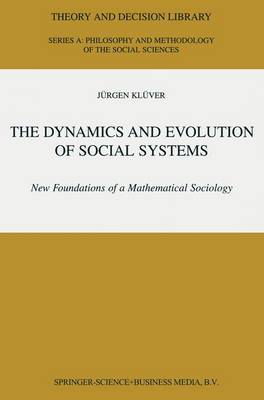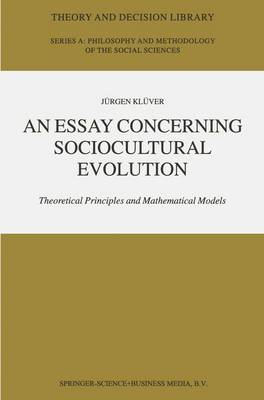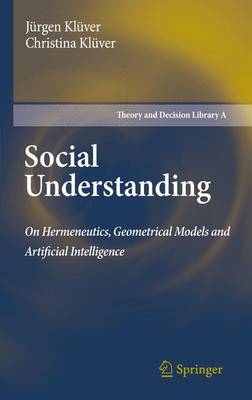Theory and Decision Library A:
4 primary works
Book 29
Book 34
Book 40
On Communication. An Interdisciplinary and Mathematical Approach
by Jurgen Kluver and Christina Kluver
This book offers a radical new theoretical approach for the understanding of communication. The theory is operationalized by the application of certain computer programs, namely Soft Computing programs like cellular automata and artificial neural nets. In many examples the authors demonstrate how it is possible to model and analyze communicative processes, such as social combined with cognitive ones.
Book 47
Connecting links for the integration of the two methodical poles are the developments of particular models of Artificial Intelligence (AI), which are able to perform certain tasks of understanding.



